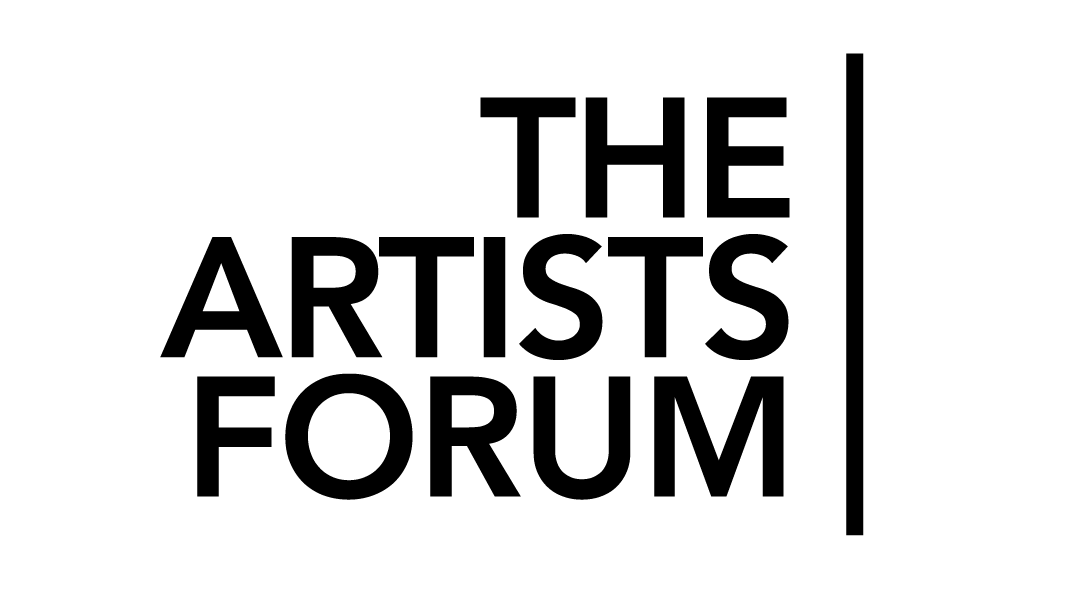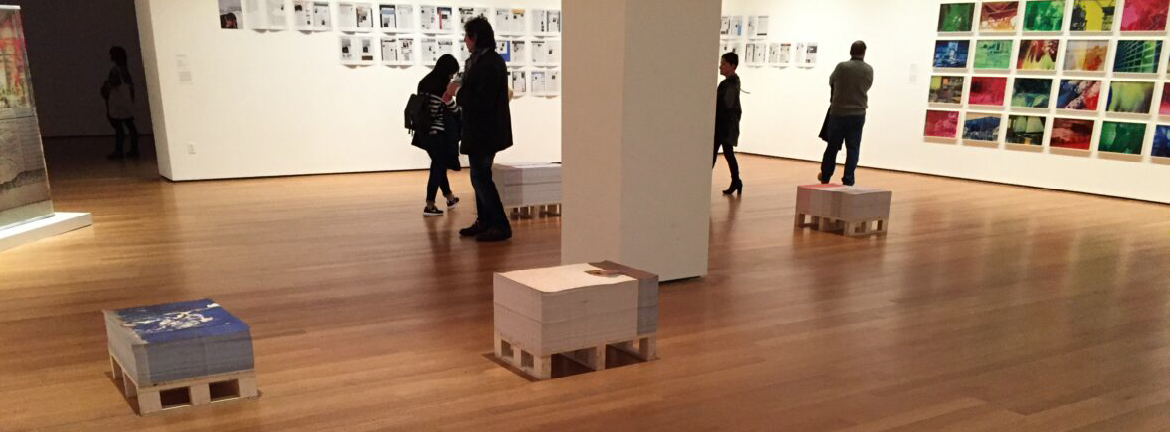Written by Michael Goldstein for THE ARTISTS FORUM MAGAZINE
Edited by Amos White V for THE ARTISTS FORUM, INC
Photo: Michael Goldstein
Press Photos: Courtesy of The Museum of Modern Art
REVIEWER RATING:
5 out of 5 stars
OCEAN OF IMAGES: NEW PHOTOGRAPHY 2015
NEW YORK, NY (November 25, 2015) Oceans of Images: New Photography 2015 – The Museum of Modern Art’s long running exhibition, now celebrating its 30th anniversary, is exactly what it sounds like. It’s an ocean. It dunks you into a contemporary, photo-based bio-dome rich with organisms both of print and digital variety. When you walk right in, you immediately find the metaphorical feet of your mind washed over with a sense of wonder. The entire exhibition showcases the photo as an environment of experimentation and curiosity.

One of the most inquisitive pieces in the exhibition is Mishka Henner’s Astronomical, a twelve-volume book collection filled with nothing but endless darkness of the cosmos, a slight riff on the encyclopedia as the magnum opus of information gathering. There is also an emphasis on not only just how wide the universe is beyond Earth, but just as well the Earth is in a unique position as being the only place in the cosmos full of life.

The most bizarre inclusion came from Edson Chagas. In his work called Found Not Taken, Luanda (2009), Chagas leaves five unattended stacks of posters – each poster stack featuring an image of a discarded object. Viewers are invited to take a poster of their choosing, challenging the importance of a singular object after it has long been discarded, while also emphasizing the changing city as the stack shrinks with each viewer.

The most simplistic organism in the sea came from Lucas Blalock’s digital photograph, Strawberries (forever fresh). Regular strawberries have been arranged alongside candies wrapped in such a way they resemble strawberries. It is impossible to identify who is the intruder and who isn’t, and viewers are left guessing what is real and what is not.
This exhibition goes in a circle, not because the exhibition hall is circular, but because of the artists’ focus on the circulation of images in a reality after the internet, crafting a vortex of communication and connections.
For more information about the exhibition, visit: moma.org/calendar/exhibitions

